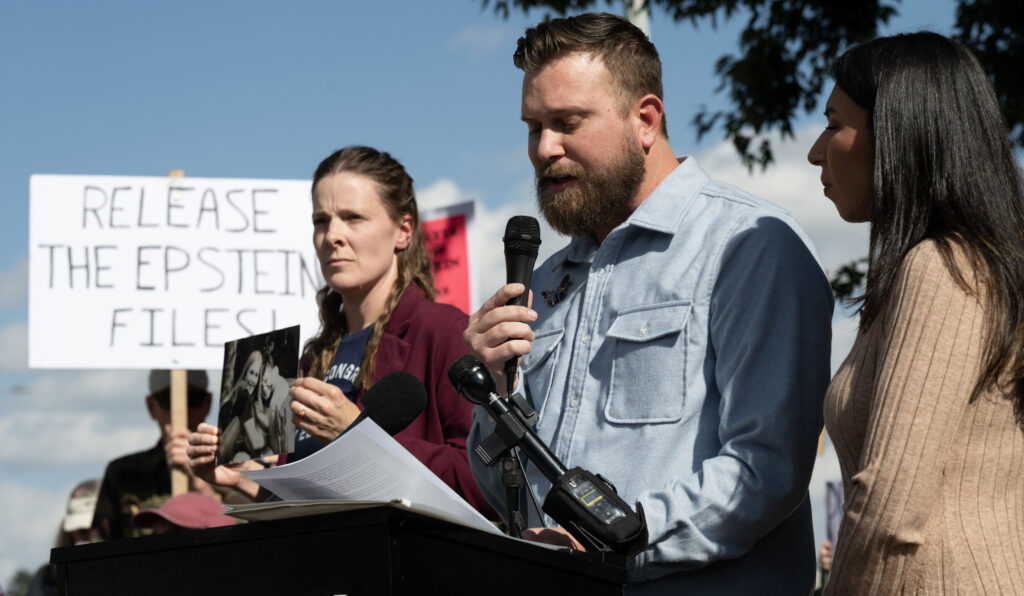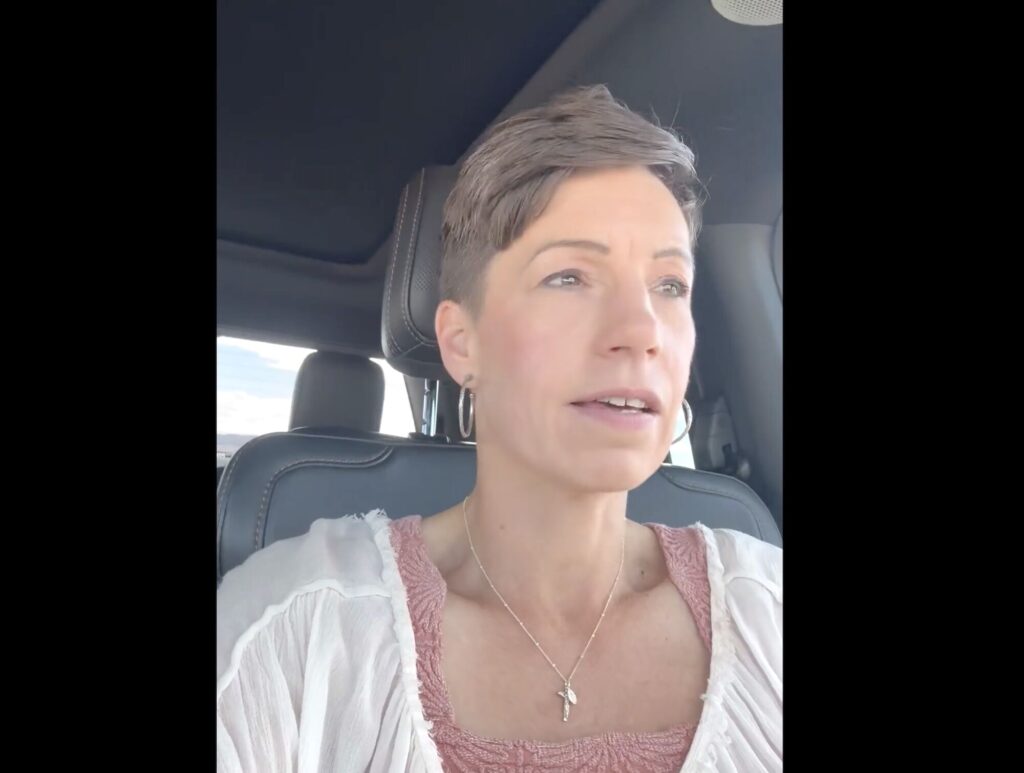Bill to add Colorado school board and special districts to ethics commission will cost $120,000 annually
A proposal to add school and special districts to the jurisdiction of the state’s ethics commission was approved on a party-line vote from the House Appropriations Committee on Tuesday.
That approval came with $120,000 in funding to add a part-time staffer, but the person is only supposed to collect data.
House Bill 1079 would require data collection on the complaints filed for the next year and an analysis of whether the commission would need more help.
As introduced, the measure did not include funding for 2025-26, and the tight budget year was cited as the reason.
Under the bill, the commission would handle complaints tied to members of 178 school boards and board members for 2,713 special districts, covering fire, water, sanitation, metropolitan, hospitals, libraries and others. That would also extend to “direct hires” of those boards, such as district directors and school superintendents.
The sponsor, Rep. Tammy Story, D-Evergreen, told the committee that the bill would likely increase the commission’s workload by 20% from its current average of about 40 per year.
But even those who support the bill raised worries that the funding allotted would not be enough.
Rep. Shannon Bird, D-Westminster, said she has concerns that, without the staff handling new claims, people in volunteer roles, such as school boards, could have those claims hanging over their heads for a long time.
Rep. Stephanie Luck, R-Penrose, indicated Tuesday she isn’t convinced the workload would increase by only 20%.
“It could be a much more ripe place for complaints,” she said.
The commission currently has 14 open complaints, the oldest dating back to 2021. Its oldest case, which is still in litigation, dates back to 2015. All but three of the open complaints are two years old or older.
According to its executive director, Dino Ioannides, the commission did not seek the bill.
In January, Ioannides told the House State, Veterans, and Military Affairs Committee that the commission would fulfill its constitutionally mandated work first, hinting that complaints filed against school boards and special districts might be shelved indefinitely.
Article 29 identifies two specific areas for the commission: violations of the state’s gift ban and lobbying by former state lawmakers within two years of leaving office. It can also look at complaints of breaches of “standards of conduct or reporting requirements as provided by law.”
Many of those who testified in favor of the bill in January talked about issues the commission is unlikely to have jurisdiction over, such as failure by school boards to follow policy, failure by school boards to act on employees who commit crimes, such as sexual assault or inappropriate relationships, First Amendment concerns when the public is not allowed to speak, and harassment by school board members against members of the public.
That led one lawmaker to claim during the hearing that the bill would give people “false hope.”
While the ethics commission staff provide ethics training to local governments and state agencies, and state lawmakers also receive ethics training from the legislature’s attorneys, the bill has no provisions for educating the public about the commission or the types of complaints it handles.
HB 1079 has now moved to the full House.
Three previous attempts to add school boards and special districts to the commission’s jurisdiction have failed, including constitutional concerns. Article 29 says it applies to government employees of the state executive branch, the state legislative branch, a state agency, a public institution of higher education, or any local government and a “public officer.”
The definition of public officer, under the Constitution, “does not include a member of the general assembly, a member of the judiciary, any local government official, or any member of a board, commission, council or committee who receives no compensation other than a per diem allowance or necessary and reasonable expenses.”
A state law passed in 2021 does allow compensation for school board members. Denver Public Schools began paying its board members in 2023.












